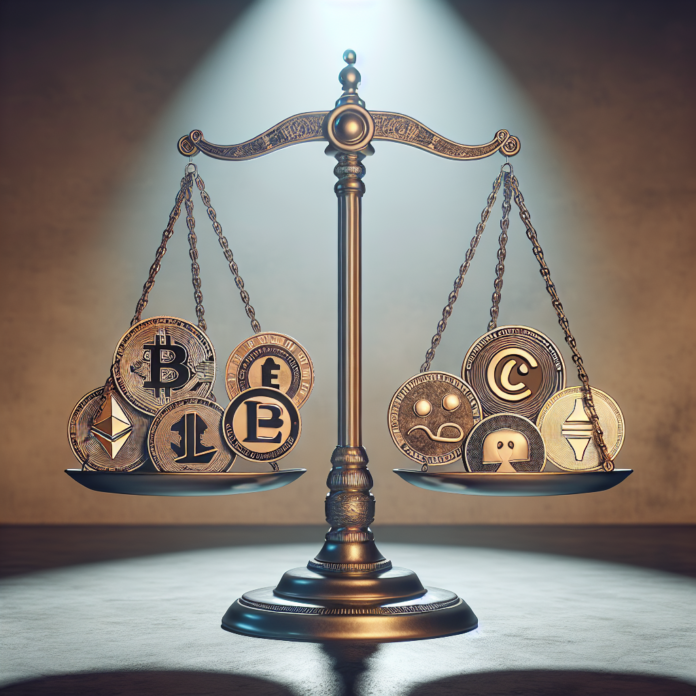The rise of cryptocurrency has not only revolutionized the financial landscape but has also introduced new challenges to the realm of intellectual property (IP) law. As blockchain technology and digital currencies continue evolving, the intersection of cryptocurrency and IP law becomes increasingly complex, raising questions about how traditional legal concepts apply in a decentralized digital world. Let’s explore some of the key areas at this legal crossroads.
Intellectual Property Rights in the Digital Asset World
One of the first points of consideration is the IP protection for the technology underpinning cryptocurrencies. Blockchain technology itself, as well as the specific code that constitutes different cryptocurrencies, could potentially be patentable. Companies and individuals involved in the space are seeking patents to protect their innovations—a strategy evident from the increasing number of blockchain-related patents being filed each year. Organizations like the World Intellectual Property Organization (WIPO) continuously update their databases with blockchain patents, reflecting the growing importance of intellectual property in the crypto industry.
Cryptocurrency Trademarks and Brand Identity
Trademarks play a crucial role in cryptocurrency, helping users identify different currencies, wallets, and exchanges. As the number of cryptocurrencies grows, so does the number of trademark disputes. It has become crucial for companies in the crypto space to protect their brand identity to prevent confusion and misuse. For instance, the U.S. Patent and Trademark Office (USPTO) is frequently approached by crypto businesses looking to secure their trademarks in a rapidly expanding and sometimes Wild West-like market.
Non-Fungible Tokens (NFTs): A New IP Frontier
The explosion of non-fungible tokens (NFTs) has brought IP law to the forefront of the crypto conversation. NFTs—a type of cryptographic asset representing ownership of a unique item or piece of content using blockchain technology—raise various intellectual property questions. The holders of NFTs often assume they possess broad rights to the associated intellectual property, but this is not always the case. Clear terms of use and IP licensing are crucial, as highlighted by platforms like OpenSea, where artists and creators must understand the intersection between IP law and digital ownership.
Protecting Intellectual Property in Decentralization
The decentralized nature of cryptocurrencies introduces difficulties in establishing jurisdiction and enforceability of IP rights. Without a central authority, it’s challenging to determine responsibility for IP infringement. Therefore, cryptocurrency users and businesses must navigate the legal landscape with an informed understanding of both international IP law and the decentralized structures they engage with.
Legal Frameworks Evolving with Technology
Governments and legal bodies are scrambling to catch up with the rapid advancements in the world of cryptocurrency. IP rights, typically governed by national laws, face new tests in applying them to a global, borderless blockchain ecosystem. Pioneering legal frameworks and international cooperation will be essential to bridge the gap between traditional IP law and the novel use cases presented by cryptocurrency and blockchain technology.
Conclusion
The intersection of cryptocurrency and intellectual property law is at the forefront of evolving legal battles and strategic business considerations. It poses unique challenges and opportunities for inventors, creators, businesses, and legislators alike. As the cryptocurrency space matures, robust dialogue and legal innovation will become increasingly important to ensure that IP rights are respected and protected, fostering a secure and thriving environment for the digital assets of the future.




 AGF-B.CO
AGF-B.CO